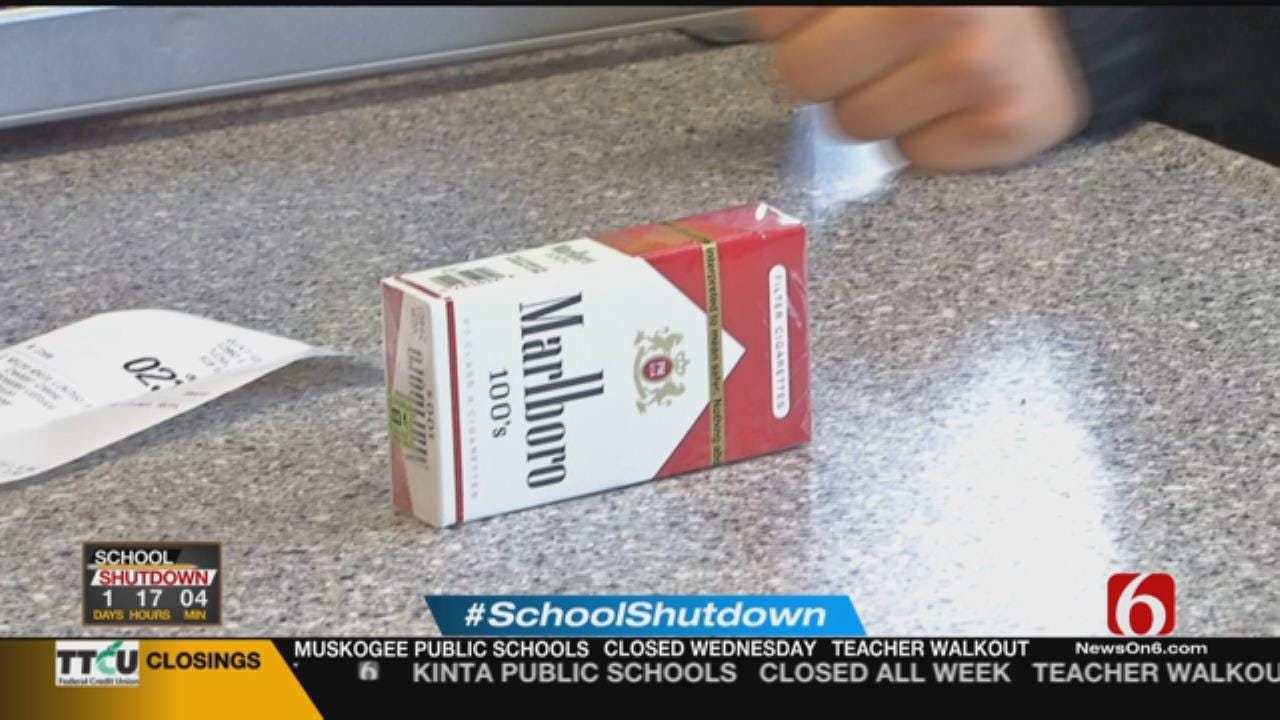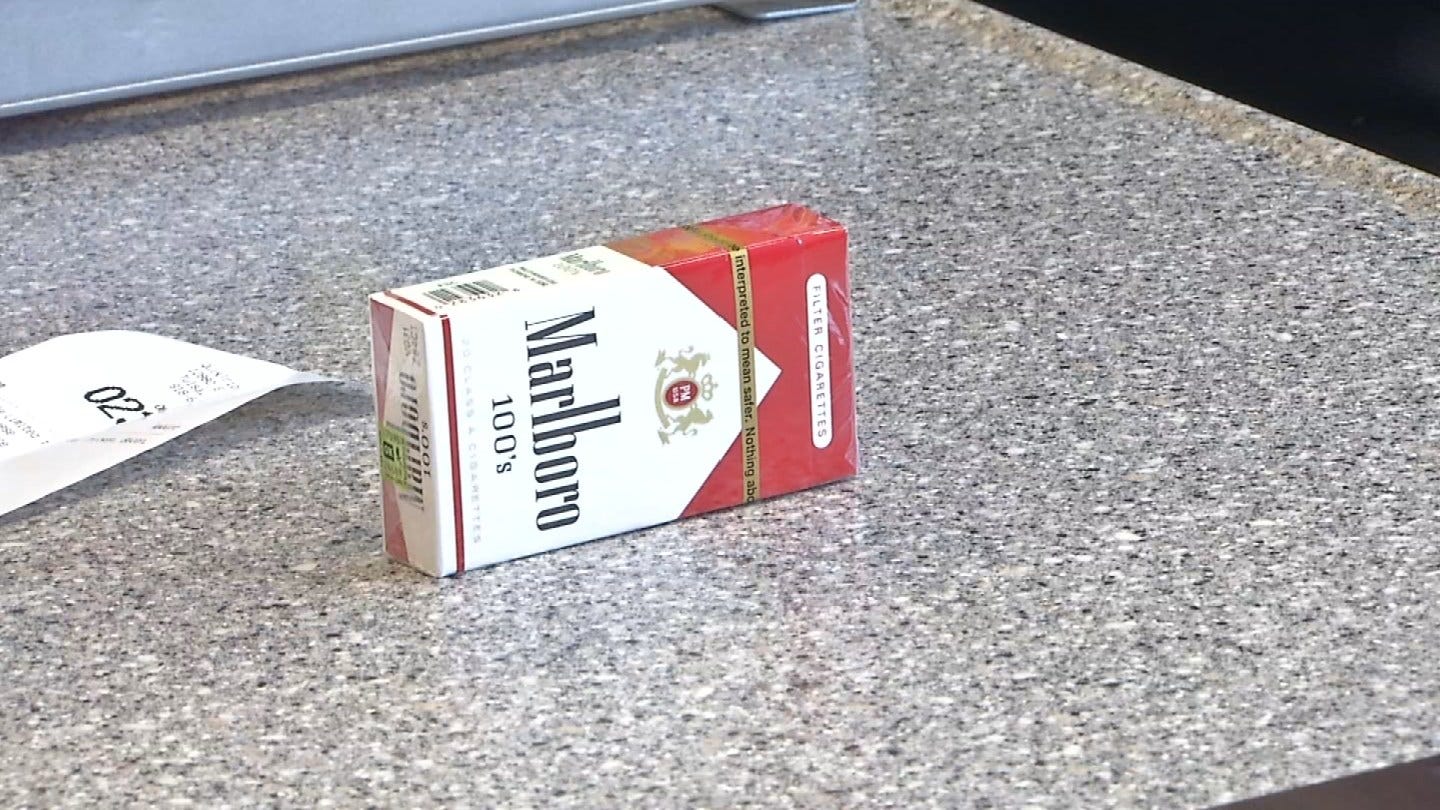QuikTrip Comments On Impact Of New Cigarette Tax
<p>A key part of the new money for education is increasing the tax on cigarettes. The extra cigarette tax could bring in an estimated $153 million, but it can also impact where cigarettes are sold and, ultimately, who gets the tax money.</p>Tuesday, April 3rd 2018, 5:49 pm
A key part of the new money for education is increasing the tax on cigarettes.
The extra cigarette tax could bring in an estimated $153 million, but it can also impact where cigarettes are sold and, ultimately, who gets the tax money.
At QuikTrip, cigarette sales are a declining piece of business, but the cigarette tax is still significant for the state. That’s why the legislature tapped into it for new education funding.
3/26/2018 Related Story: State House Passes Deal, But Likely Won't Stop April 2 Walkout
The new tobacco tax adds $1 to each pack of cigarettes and, for the first time, taxes little cigars the same.
It’s expected to bring in another $153 million in tax money for the state each year.
At the same time, it’s going to increase money for Indian tribes through the tax they collect at smoke shops.
A portion of the tax is returned to the tribes – at least half of it – through tribal compacts.
For example, under the compact between the state and Creek Nation, the state gets to keep 45% of the tax, while the tribe gets 55%.
Mike Thornbrugh from QuikTrip says, “if somebody has an advantage, we have a problem with it. Doesn’t matter to us what the commodity is.”
Thornbrugh thinks the compacts give tribal retailers the advantage. They can sell lower cost cigarettes if they subsidize it with tax dollars rebated by the state.
Tribes now collect $100 million each year in cigarette taxes. That will double with the new tax. About half of the total tax will go back to the tribes.
“Now you have this financial crisis, or whatever you want to call it,” stated Thornbrugh. “We don’t think it’s right to pay someone $100 million a year to sell cigarettes. That money could go for education, salaries, textbooks. We’ll see.”
The state agreed to split the money generally 50-50.
The compacts do expire over the next few years and will be renegotiated.
More Like This
April 3rd, 2018
September 29th, 2024
September 17th, 2024
Top Headlines
December 22nd, 2024
December 22nd, 2024
December 22nd, 2024
December 22nd, 2024














